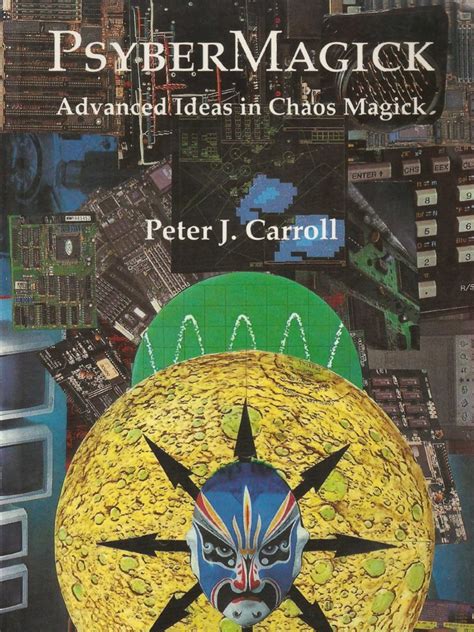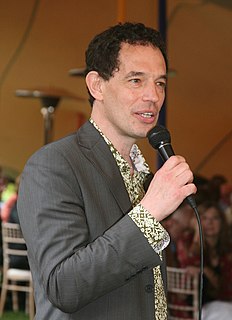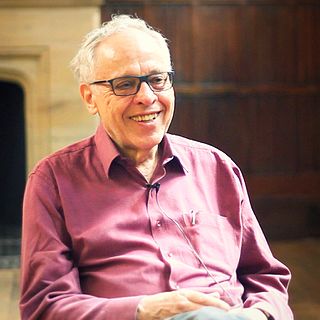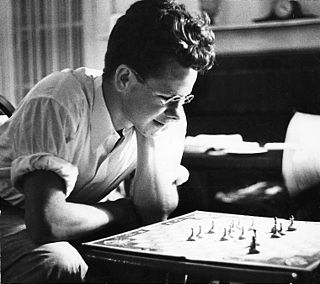A Quote by Michio Kaku
I began to realize something - to understand the future you have to understand physics. Physics of the last century gave us television, radio, microwaves, gave us the Internet, lasers, transistors, computers - all of that from physics.
Related Quotes
I don't. We've had three technological revolutions that have changed the course of human history, all driven by physics. In the first, the industrial revolution, physicists developed Newtonian mechanics and thermodynamics, which gave us the steam engine and machine power. The second technological revolution was the electricity revolution. That gave us radio, television, and telecommunications. Then, physicists developed the laser and the transistor.
There is no science in this world like physics. Nothing comes close to the precision with which physics enables you to understand the world around you. It's the laws of physics that allow us to say exactly what time the sun is going to rise. What time the eclipse is going to begin. What time the eclipse is going to end.
What I am going to tell you about is what we teach our physics students in the third or fourth year of graduate school... It is my task to convince you not to turn away because you don't understand it. You see my physics students don't understand it... That is because I don't understand it. Nobody does.
It seems that every practitioner of physics has had to wonder at some point why mathematics and physics have come to be so closely entwined. Opinions vary on the answer. ..Bertrand Russell acknowledged..'Physics is mathematical not because we know so much about the physical world, but because we know so little.' ..Mathematics may be indispensable to physics, but it obviously does not constitute physics.
I regard physics as that subset of magic that works fairly reliably. I regard magick, in the traditional sense, as a kind of physics that we strive to understand and render more reliable. So it all comes down to the same thing, a quest to understand and manipulate the world with a self-consistent and coherent theory .
Quantum physics forms the foundation of chemistry, explaining how molecules are held together. It describes how real solids and materials behave and how electricity is conducted through them... It enabled the development of transistors, integrated circuits, lasers, LEDs, digital cameras and all the modern gadgetry that surrounds us.
There does seem to be a sense in which physics has gone beyond what human intuition can understand. We shouldn't be too surprised about that because we're evolved to understand things that move at a medium pace at a medium scale. We can't cope with the very tiny scale of quantum physics or the very large scale of relativity.


































